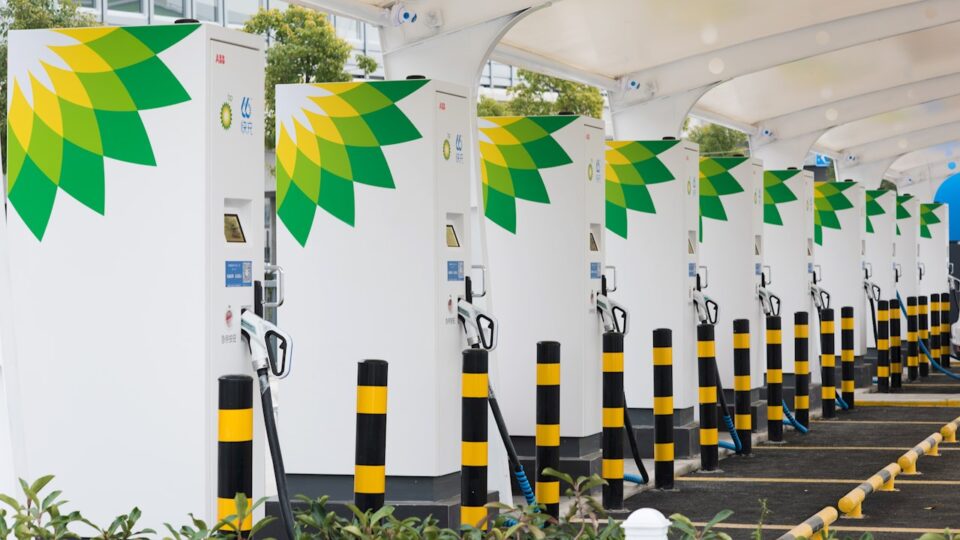Bp announced its plans on investing £1 billion in electric vehicle charging in the UK. The purpose of the investment is to provide fast and convenient charging across the country. The inversion will reaffirm their commitment to this country, helping them transition to low-carbon transportation.
The investment is intended to be made over the next ten years; it will help the up-growing demand for EV charging all over the country.
Richard Bartlett, Senior Vice President, bp pulse, commented, “This £1 billion investment is vital to providing the UK’s charging infrastructure. We’re investing in building a world-class network. This investment allows us to deliver more. More high-speed charging in dedicated hubs and on existing fuel and convenience sites. More home charging services. And crucial enhancements to our digital technology will make charging fast, easy and reliable.”
A transition to the future.
Transport Secretary, Grant Shaps, went to the bp pulse UK headquarters to talk about the government’s Ev Infrastructure Strategy. This facility’s work is destined for network expansion and customer care and operational center in Milton Keynes.
bp pulse’s project includes developing up to 5.9 GW of offshore wind capacity across the Irish Sea and the North Sea. Also, plan to produce 1.5 GW of low carbon hydrogen in Teesside, 30% of the UK’s 2030 target.
The goal of bp’s plans is to double every £1 to turn into £ 2, including investment to help the UK towards net zero.
You also might want to read “Lightsource bp expands to Northern Italy with 400MW partnerships”
Mike Hawes, SMMT chief executive, said: “We welcome this significant contribution to the UK’s rapid charging network. It will deliver additional capability, which will help assure EV drivers and support the fast-accelerating market for high-powered battery electric vehicles. Automotive manufacturers have invested billions in EVs. It means more than 150 models are now available in the UK across various segments, and consumers are responding. Investments such as this are essential to give motorists the confidence to switch. If we are to decarbonize road transport at pace, we need to see the full variety of charging locations – the motorway, at work, destinations, and, especially, on-street charging.”


